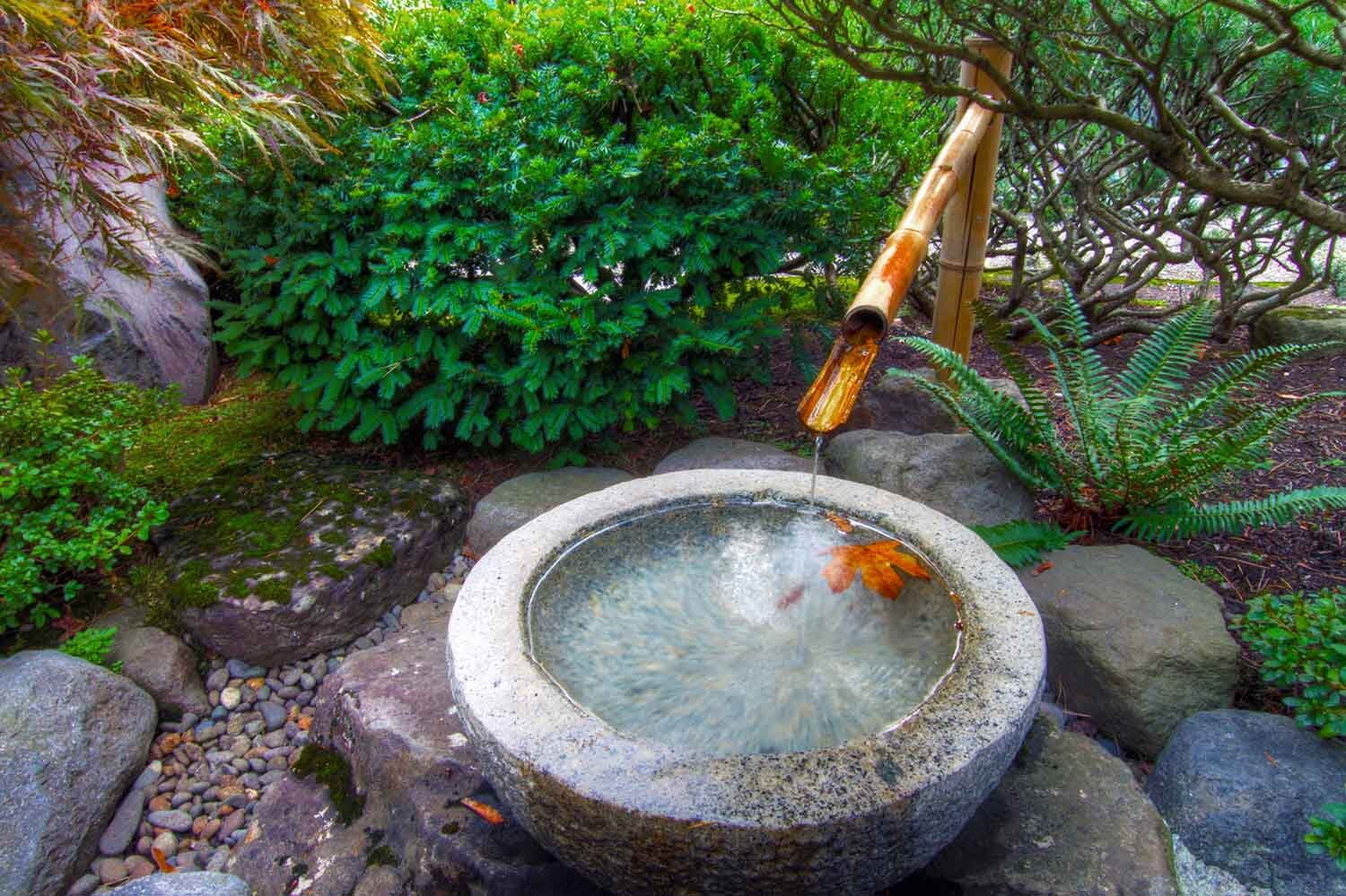Experiences
Managing Cultural Differences
Managing Cultural Differences

We are what we eat!
We are what we eat!
- By looking at the way we grow our basic food we can see many cultural differences that help ups to understand why Japan (Asia) is different.
- In order to grow wheat you need a piece of land, horses and a plough. In addition to this you would hunt for meat and set up clear fences to protect your family from outsiders: both very individualistic acts.
- In order to grow rice complicated water-systems and paddy fields are required, and these can only be created and maintained in teams. Open conflicts and arguments hurt the community even more than it does in Western societies.
- Continue to think about this yourself….
- Individualism & Liberalism: Which Asian country went through a revolution like the French Revolution and shares Western values based on religion and the Greek and Roman Empires….?
- Individualism is not a value of Japanese Culture!
Fatal Assumptions – We assume:
Fatal Assumptions – We assume:
- The Japanese work in a similar way to Europeans.
- The Japanese also use the same standards.
- There is no difference in standards.
- The Japanese don’t know how things work.
- We consider problems as being due to a lack of qualification, but do not condsiderinter-cultural differences.
- We can show them how things work (globally).
- People who cannot speak English well are stupid Japanese.
- People do not have the same set of values as Westerners.
Business issues – Education issues:
Business issues – Education issues:
- The real elite start in kindergarden.
- They are drilled to succeed for the group, company, organization, even if it involves sacrificing their private lives.
- The company is very important, often more so than familly.
- Tokyo subway gas attack : 90% of injured people went to work before going to hospital.
- Forced team spirit.
- Harmony driven.
- Even trivial mistakes have severe consequences for the individual (Goningumi).
Historical & Geographical issues
Historical & Geographical issues
- Japan was completely isolated between 1600 and 1868, thus the culture has strong „inside“ and „outside“ components.
- 80% of the population inhabit 20% of the available land in Japan (80% mountainous). Densest population in the world – these living conditions make harmony, rules and discipline a must.
- Having less space meant the Japanese had to learn to respect each other.
- Rice requires peace (wa) within a group.
- Harmony driven.
- Neither Japan nor any other Asian country took part an event like the French Revolution – being patient and to endure are virtues (the Chinese Revolution was effectively a path to dictatorship).
Some direct comparison points:
Some direct comparison points:
Western
Western
- Teamwork, work packages
- Clear power distribution
- Clearly defined roles & responsibilities
- Limited cooperation
Japanese
Japanese
- Teamwork over all line
- Unclear power distribution
- Variable roles & responsibilities
- Intensive cooperation
Decision West
Decision West
- Leader decision
- Power driven
- Top down
- Limited cooperation


